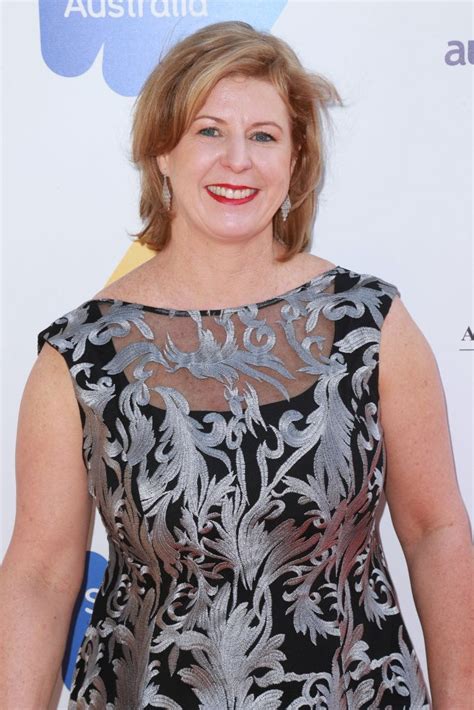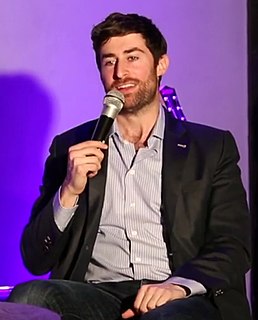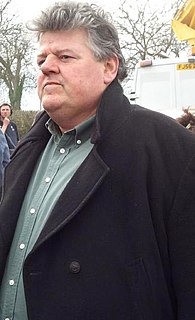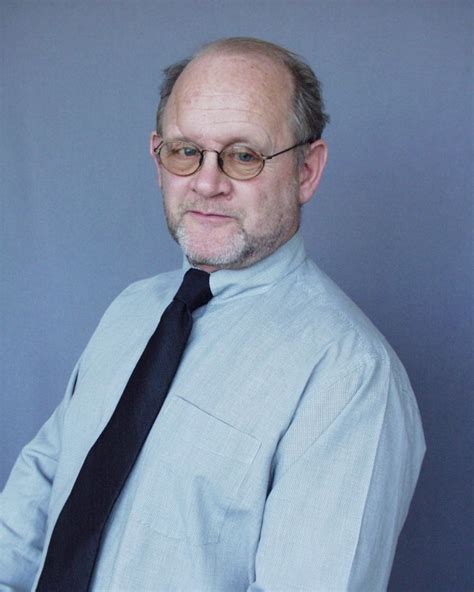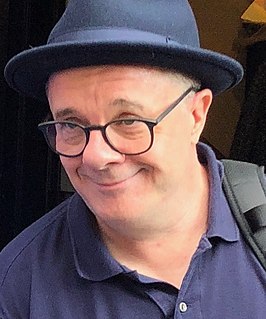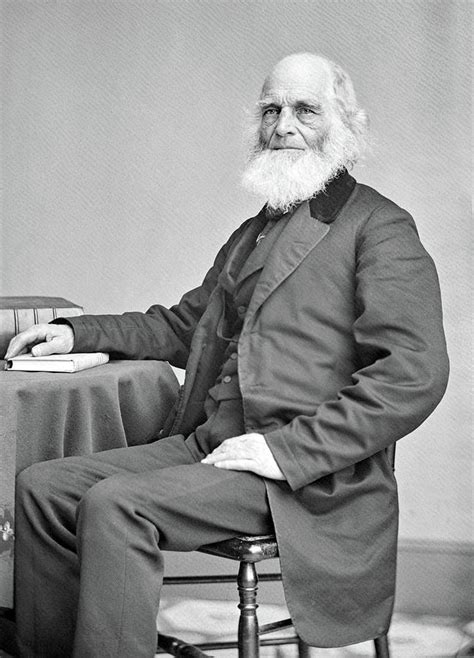A Quote by Hillary Clinton
Our political press has just been captured by trivia.
Related Quotes
Our Press and our schools cultivate Chauvinism, militarism, dogmatism, conformism and ignorance. The arbitrary power of the Government is unlimited, and unexampled in history; freedom of the Press, of opinion and of movement are as thoroughly exterminated as though the proclamation of the Rights of Man had never been. We have built up the most gigantic police apparatus, with informers made a national institution, and the most refined scientific system of political and mental torture. We whip the groaning masses of the country towards a theoretical future happiness, which only we can.
American press, like the press in many countries, acts like a cheerleader to our government rather than a critical observer. This is especially true, when it comes to foreign interventions. That means that when government leaders conclude that intervention in a foreign country is justified, the press rarely criticizes it. In fact, the press has been an enthusiastic cheerleader for many of our foreign interventions.
I know that some of the folks in the press are uptight about this [moving the press corps out of the West Wing ], and I understand. What we're - the only thing that's been discussed is whether or not the initial press conferences are going to be in that small press - and for the people listening to this that don't know this, that the press room that people see on TV is very, very tiny. Forty-nine people fit in that press room.
All of the insights that we might ever need have already been captured by others in books. The important question is this: In the last ninety days, with this treasure of information that could change our lives, our fortunes, our relationships, our health, our children and our careers for the better, how many books have we read?
The right to discuss freely and openly, by speech, by the pen, by the press, all political questions, and to examine the animadvert upon all political institutions is a right so clear and certain, so interwoven with our other liberties, so necessary, in fact, to their existence, that without it we must fall into despotism and anarchy.
Political philosophy is realistically utopian when it extends what are ordinarily thought to be the limits of practicable political possibility and, in so doing, reconciles us to our political and social condition. Our hope for the future of our society rests on the belief that the social world allows a reasonably just Society of Peoples.


